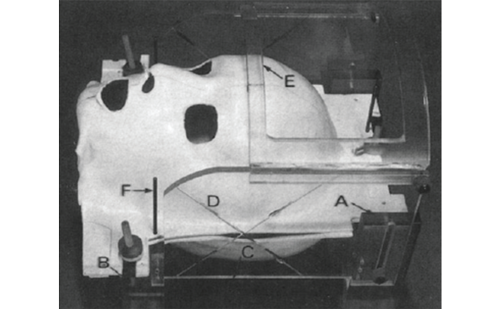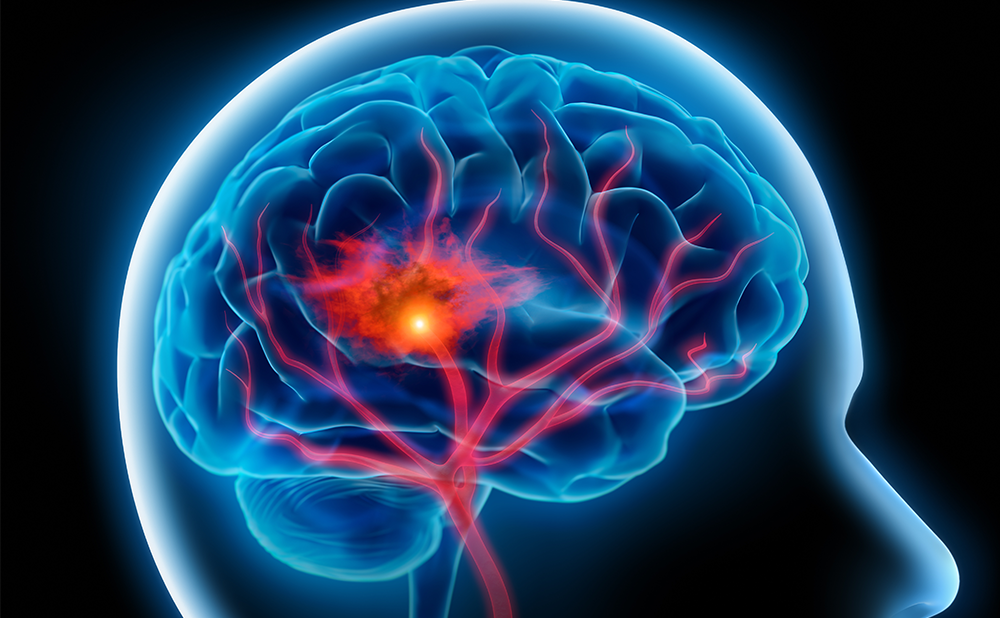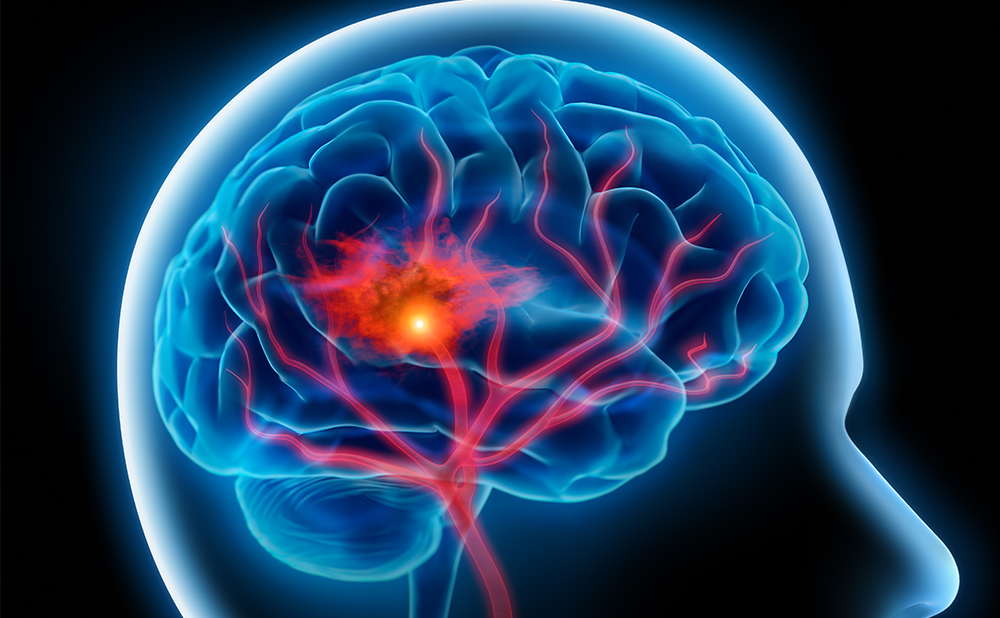This year, the Alzheimer’s Association International Conference (AAIC) took place in Chicago, IL, US, July 22–26, 2018. During this major annual international meeting dedicated to the advancement of Alzheimer’s disease (AD) and dementia science, an impressive array of the world’s leading scientists, clinical researchers, rising-star investigators, clinicians, and the care research community come together to network and share the very latest important discoveries. In an expert interview, George Grossberg reflects on some of the important topics and presentations at AAIC 2018, and summarizes the key take-home messages from the conference.
Q. Could you tell us a little about the SPRINT MIND trial and its implications?
Preliminary SPRINT MIND study (Systolic Blood Pressure Intervention Trial – Memory and Cognition IN Decreased Hypertension) results were perhaps the highlight of AAIC 2018, relative to practical recommendations for the clinician.1 This National Institutes of Health-funded, 4-year study of >9,000 subjects at high risk for cardiovascular (CV) disease, looked at aggressive blood pressure (BP) control (systolic BP of 120 mm Hg or less versus 140 mm Hg or less) and its impact on CV events/stroke/mortality and risk of mild cognitive impairment (MCI) and all-cause dementia. The results showed that aggressive BP control not only reduced CV events and mortality, but also decreased MCI and dementia by 19% and 17%, respectively. There were also 18% fewer white matter hyperintensities.1 This study lent further substance to the notion that: “What’s good for the heart is good for the brain.”
Q. What were the findings of the recently presented study on pregnancy and reproductive history on dementia risk?
At AAIC 2018, the Kaiser Permanante group (Oakland, CA, US) presented the results of the first large epidemiologic study looking at reproductive history and dementia risk.2 The study involved self-reports from ~15,000 women between the ages of 40–55 years. Study findings included:
- Number of children: three or more children, >12% decreased dementia risk;
- Number of miscarriages: >9% increased dementia risk per miscarriage;
- Age at 1st menstrual period (usually 13 years old): if 16 years old or later, >31% increased dementia risk;
- Age at natural menopause (usually 47 years old): if less than 45 years old, >28% increased dementia risk;
- Reproductive period (average 34 years): if 21–30 years, >33% increased dementia risk.
A limitation of this study is that it is based on self-report. However, it suggests that greater/longer exposure to estrogen and perhaps other sex hormones potentially decreases dementia risk.2
Q. What advances have been made towards precision medicine in Alzheimer’s therapy trials?
Alzheimer’s treatment studies have been enhanced by advances in precision medicine. Firstly, the inclusion of amyloid positron emission tomography has allowed us to be more certain of the presence of AD pathology. Similarly, cerebrospinal fluid studies have sharpened our clinical diagnostic acumen in AD and prodromal AD, and have enabled us to identify at-risk individuals early, before symptoms develop. Use of genetic markers (apolipoprotein E4 [ApoE4]) have further defined AD risk and have enabled us to target treatments toward those more likely to respond and to identify individuals more likely to have side-effects such as amyloid-related imaging abnormalities (ARIA).
Q. Could you tell us a little about advances in our understanding of how the digestive system, including gut and liver functions, may be related to dementias?
The gut-brain axis and the composition of our microbiome (gut bacterial flora) are increasingly being discussed vis-à-vis AD. The gut and the brain communicate via neural, endocrine, and immune mechanisms. We know that gut microbiota impact development of amyloid pathology. Transgenic AD mice raised in a germ-free environment have less amyloid deposition versus normal mice. We also know that there are more gut proinflammatory bacteria in AD and decreased anti-inflammatory bacteria. Better understanding of the role of microbiome composition relative to AD pathology opens further prevention/treatment approaches.3
Q. What were the other most important take-home messages regarding dementia risk and prevention from AAIC 2018?
Another important study with a practical take-home message at AAIC 2018 was the Cardiovascular Modifiers of the Association Between Exercise and Risk for MCI (MYHAT study).4 In this study, 1,254 subjects with normal cognition were followed for progression to MCI for 10 years. The risk of MCI was examined relative to total minutes of exercise (usually walking) per week. No exercise (0 minutes) versus 1–149 minutes and 150+ minutes per week, in combination with CV risk factors: hypertension, hyperlipidemia, obesity, diabetes, smoking, stroke, coronary artery disease, alcohol, arrythmia, and congestive heart failure. In total, 373 subjects developed MCI over 10 years. After adjusting for age, gender and education, a significant reduction in risk of developing MCI was found in those who did 150+ minutes of exercise per week versus none, in those without ApoE4 or not smoking, but not in smokers or ApoE4 carriers.4 This study re-emphasizes the value of regular exercise and not smoking. Again, “What’s good for the heart is good for the brain.”














